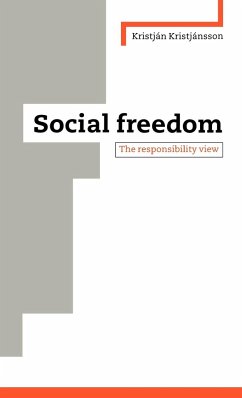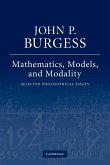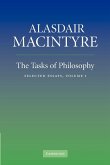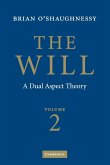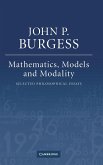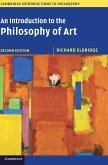When is it correct to say that a person's freedom is restricted? Can poverty constrain freedom? Can you constrain your own freedom, for instance through weakness of the will or self-deception, and are you not truly free unless you act on a rational choice? Kristján Kristjánsson offers a critical analysis of the main components of a theory of negative liberty: the nature of obstacles and constraints, the weight of obstacles and the relation of freedom to power and autonomy. Through this discussion, which examines much of the contemporary work on political freedom, he develops his own theory of negative liberty, the so-called 'responsibility view', which meets many of the goals of advocates of positive liberty while retaining its distinctive 'negative' nature. He also argues for, and implements, a method of naturalistic revision as a way of solving conceptual disputes in social philosophy.
Table of contents:
1. Introduction: freedom from Berlin onwards; 2. Negative freedom: the nature of constraints; 3. Obstacles and their weight; 4. The test of moral responsibility; 5. Internal bars and positive liberty; 6. Freedom and power; 7. Observations on method; 8. ConcludinG rEMARKS; BIBLIOGRAPHY; INDEX.
In this study, which offers a comprehensive overview of current debates on political freedom, Kristján Kristjánsson develops a theory of negative liberty, the so-called 'responsibility view', that meets many of the goals of advocates of positive liberty while retaining its distinctive 'negative' nature.
This comprehensive overview of current debates on political freedom develops a theory of negative liberty.
Hinweis: Dieser Artikel kann nur an eine deutsche Lieferadresse ausgeliefert werden.
Table of contents:
1. Introduction: freedom from Berlin onwards; 2. Negative freedom: the nature of constraints; 3. Obstacles and their weight; 4. The test of moral responsibility; 5. Internal bars and positive liberty; 6. Freedom and power; 7. Observations on method; 8. ConcludinG rEMARKS; BIBLIOGRAPHY; INDEX.
In this study, which offers a comprehensive overview of current debates on political freedom, Kristján Kristjánsson develops a theory of negative liberty, the so-called 'responsibility view', that meets many of the goals of advocates of positive liberty while retaining its distinctive 'negative' nature.
This comprehensive overview of current debates on political freedom develops a theory of negative liberty.
Hinweis: Dieser Artikel kann nur an eine deutsche Lieferadresse ausgeliefert werden.

